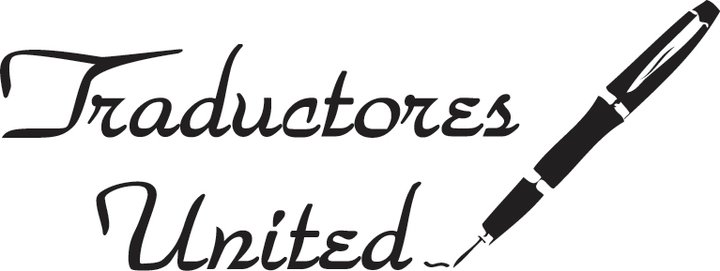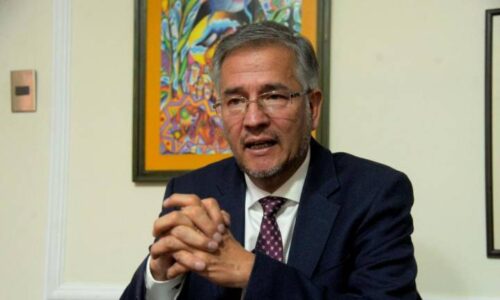

8 May 2021
Vaccines and Geopolitics
President Luis Arce has told Bolivians that the contract for the purchase of Russian vaccines against the Chinese virus cannot be disseminated because it contains a “confidentiality clause.”
The Argentine Peronists[1] agreed to something similar with the Chinese: there, too, the [vaccine] details cannot be disseminated, but it is known that in exchange for vaccines, Argentina will surrender vast territories in Patagonia for the deployment of observation bases of the Chinese Communist Party. They say that said bases would be of astronomical interest, which leads you to ponder about the size of the bill.
Bolivia’s agreement with Russia regarding the vaccines has the same degree of secrecy as the one signed by the coca grower Morales for the nuclear plant in El Alto, very close to Senkata[2], an agreement that was happily halted during the Government of Jeanine Añez.
It will have to be assumed –since the [vaccine] details are not known– that the “confidentiality [clause]” refers to what Bolivia will pay for the vaccines, either in dollars, in [Chinese] yuan or with sovereignty, that is to say, surrendering territories.
It would be naive to think that the clause refers to the delays that could occur in the delivery of vaccines by Russia, delays that are already taking place at this time and have forced the Bolivian Government to order a change in the [time] interval between the first and the second doses. The deliveries are so delayed, that the interval [between doses] will no longer be 19 days, but three months. We will have to pray that there will be no further changes as the new deadline approaches.
In that case, Bolivian citizens would remain unprotected against the Chinese virus as they have been up to now, which is perhaps not a cause for concern for the MAS[3] Government, which is much more concerned in carrying out the anxious orders of revenge that the coca grower [Evo Morales] has than in caring for people’s health.
The worst thing would be for the clause to refer to what Bolivia will surrender to Russia in exchange for vaccines. The secrecy allows us to speculate that perhaps the Russians are now choosing as if they were reading a restaurant’s menu, what to order. It would be an “à la carte” surrender.
In order to stop these speculations, which are already widespread among Bolivians, the MAS Government would have to lift the veil that hides the agreement with the Russians… and the Chinese.
The people need to know what the price of this agreement is. And if it involves surrendering territories, it would be appropriate to submit this issue to a referendum, clarifying that, this time, the MAS [Government] must respect the result and not invent hoaxes like those invented for 21-F[4].
[1]“Definition of Peronism: the political, economic, and social principles and policies associated with[former President of Argentina, Juan] Peron and his regime and usually regarded as fascist.” Source: https://www.merriam-webster.com/dictionary/Peronism.Visited on 9 June 2021.
[2] Senkata: Senkata is an area of El Alto, the second most populated city in Bolivia according to the 2012 census. It is located south of the city in District 8. Source: https://es.wikipedia.org/wiki/Senkata.Visited on 9 June 2021.
[3] MAS – Movement towards Socialism: The Movement towards Socialism – Political Instrument for the Sovereignty of the Peoples (MAS-IPSP) is a Bolivian socialist political party founded in 1997 and led by Evo Morales. The MAS-IPSP has ruled Bolivia since 2006, following its first victory in the December 2005 elections, with a single interruption during the 2019 political crisis. Source: https://es.wikipedia.org/wiki/Movimiento_al_Socialismo_(Bolivia). Visited on 9 June 2021.
[4] The 2016 Bolivian constitutional referendum was held on Sunday, February 21st of that year. The objective of that referendum was the approval or rejection of the constitutional modification project to allow the president or vice-president of the Bolivian State (who at that time were Evo Morales and Alvaro Garcia) to run for reelection in an election. The “No” option won with a total of 51.30% of the votes, while the “Yes” option obtained 48.70% of the remaining votes. Source: https://es.wikipedia.org/wiki/Refer%C3%A9ndum_constitucional_de_Bolivia_de_2016. Visited on 9 June 2021.
* Translator’s note: All footnotes are introduced by the translator in order to help clarify unfamiliar terms.
Source:




